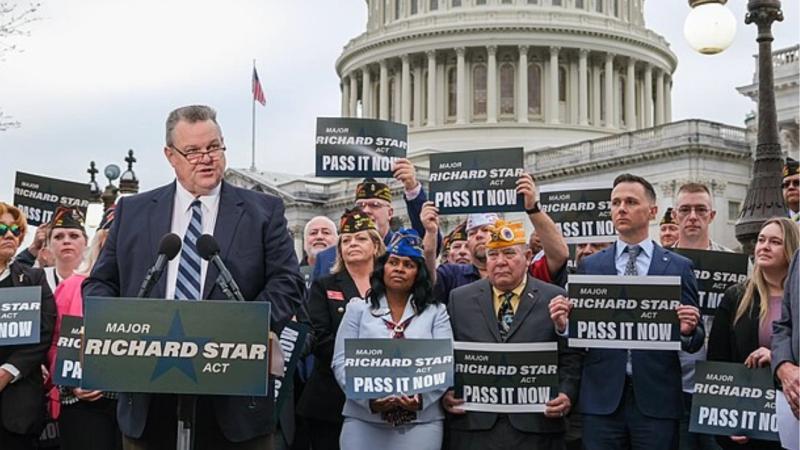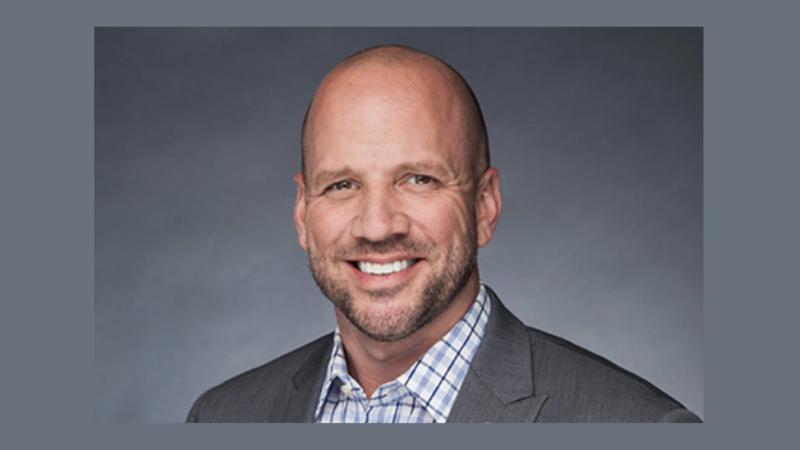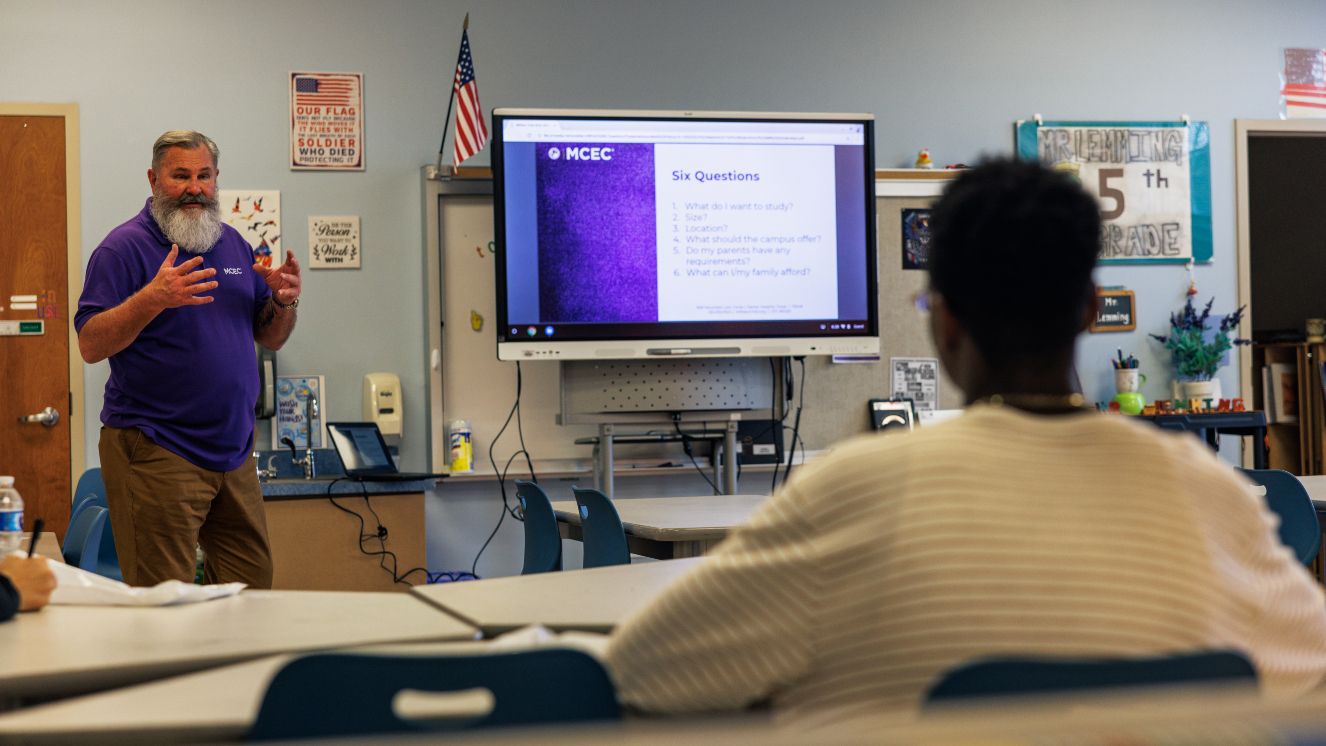MAJOR RICHARD STAR ACT: FULL PAY FOR 50,000 MEDICALLY RETIRED VETS
COMMENT
SHARE

For years, there has been support for passing the Major Richard Star Act. Now, Senators are working to get the latest rendition made into law. If the bill passes, tens of thousands of medically retired Veterans would receive a substantial boost to their benefits, providing both retirement pay and disability pay from the VA.
Major Richard Star Act: Full Pay for 50,000 Medically Retired Veterans
Bipartisan members of Congress are working together to pass the Major Richard Star Act, a bill that would provide Veterans who have medically retired from service with both military retirement pay and disability benefits.
If successful, around 50,000 Vets would get both full retirement pay and disability benefits, a notable improvement as current regulations do not permit this.
As it stands, medically retired Veterans who served for less than 20 years and are provided a disability rating under 50%, will have their retirement pay reduced by a dollar for every dollar provided to them by the VA.
In other words, this allows “concurrent receipt," eliminating what has been a subtraction many believe is unfair.
“This legislation makes a critical change to treat our Veterans fairly and support our nation's heroes. I urge my colleagues to support its quick passage,” said Sen. Rick Scott (R-FL.), one of the bill’s co-sponsors.

The Bill Was First Introduced in 2023
While there’s a push to make the Major Richard Star Act a law, even with the support it has, there are hurdles to clear.
Introduced years ago in 2023, the bill received 326 supporters in the U.S. House of Representatives and over 70 in the Senate; however, it wasn’t brought up for vote because there wasn’t enough in place on how to cover paying for the legislation.
Estimates in 2022, by the Congressional Budget Office, showed that it was likely going to cost around $9.75 billion within a decade to pay for the change.
This bill came to be after Army Reserve Maj. Richard Star developed lung cancer while serving in Iraq and Afghanistan.
Unfortunately, he medically retired after receiving a diagnosis of terminal cancer. Once discovering that his VA disability benefits would offset his military retirement pay, Star began seeking change.
Sadly, Star passed away in 2021, but his movement continues with this bill as lawmakers work to right this wrong.
"Military retirement pay and service-connected disability compensation are two completely different benefits. One does not diminish the merits of the other," said Gus Bilirakis, (R-FL.), who is working to make the bill a law.

Major Richard Star Act 2025 Draft: Key Updates
Sen. Richard Blumenthal (D) is now spearheading the effort in the Senate. The bill currently has 71 co-sponsors. Rep. Gus Bilirakis (R) is leading the bill in the House, where it currently has 274 co-sponsors.
Almost 50 Veteran organizations have supported the bill, with many looking at the Major Richard Star Act as a top priority for the community.
Due to similar changes helping Social Security recipients who previously had certain pensions offset being done away with through legislation, specifically, the Social Security Fairness Act, there is hope that Veterans will receive the same treatment.
"Far too long, Veterans and their families have been told to wait while billions are wasted," said AMVETS National Commander Horace Johnson, while speaking to Congress in a hearing.
The Bill Is Expected to Be Costly
It is estimated that between 2024 and 2033, the legislation will cost around $9.75 billion.
Now, when the Trump Administration is looking to cut costs, there are concerns that this could stand in the way of the legislation passing.

Veterans Advocacy: Ending the 'Wounded Veterans Tax'
When Army Veteran Dan Nevins was forced to medically retire, he believed that he would be financially taken care of. However, he quickly discovered the "wounded Veterans tax." This unofficial policy is preventing around 50,000 injured Veterans from receiving their full retirement pay and disability compensation.
According to Nevins, "I was told that I could not receive both. And I was like, wait a minute. That's not what I thought was going to happen." 50,000 other Veterans, like Nevins, are experiencing this as well, and it is costing them around $1,900 per month.
Nevins is pushing lawmakers to change the current system. In 2004, he was deployed to Iraq as a squad leader, and an IED detonated under his vehicle. The blast killed his platoon sergeant, and led to the amputation of both his legs below the knee.
"People say when you're bout to die your life flashes before your eyes. That wasn't really my experience. It was more like a slideshow of things left undone," said Nevins.
After a painful and length retirement process, Nevins began living life again, but due to his injuries, he left the military earlier than anticipated.
Now, Congress is pushing to pass the Major Richard Star Act, which would give wounded Veterans, like Nevins, their full retirement benefits and disability pay.
Nevins & Others Are Advocating for the Bill
Sen. Richard Blumenthal is leading the effort in the Senate to pass the bill, and Rep. Gus Bilirakis is leading the effort in the House.
In a statement Blumenthal explained, "Veterans are retired early because of the wounds and injuries they receive, and they're entitled to disability compensation for them, but then their retirement pay is reduced dollar for dollar because of their disability compensation. They are being penalized for being wounded...It's about simple justice and fairness."
When asked about the future plan for the bill, Blumenthal stated that he sees a, "number of paths" for the bill. He also explained that he plans to offer it as an amendment to the annual defense policy bill.
Before Memorial Day, Nevins went to Washington to advocate for the bill alongside Marine Corps Veteran Jamel Daniels, who lost his leg in combat.
Together, Nevins and Daniels are fighting for the Major Richard Star Act, urging Congress to honor the country's commitment to Veterans.
"We should keep our promises," Nevins said. "I teach my kids to keep their promises, even when it's not convenient for them."
Suggested reads:
Join the Conversation
BY ALLISON KIRSCHBAUM
Veteran, Military History & Culture Writer at VeteranLife
Navy Veteran
Allison Kirschbaum is a Navy Veteran and an experienced historian. She has seven years of experience creating compelling digital content across diverse industries, including Military, Defense, History, SaaS, MarTech, FinTech, financial services, insurance, and manufacturing. She brings this expertis...
Credentials
Expertise
Allison Kirschbaum is a Navy Veteran and an experienced historian. She has seven years of experience creating compelling digital content across diverse industries, including Military, Defense, History, SaaS, MarTech, FinTech, financial services, insurance, and manufacturing. She brings this expertis...



